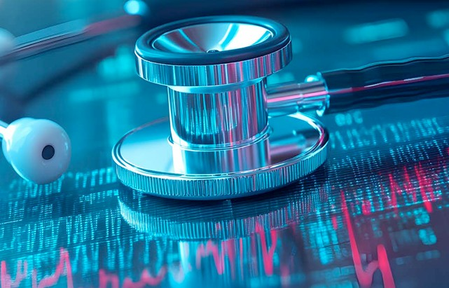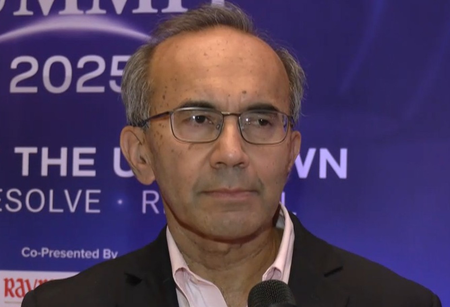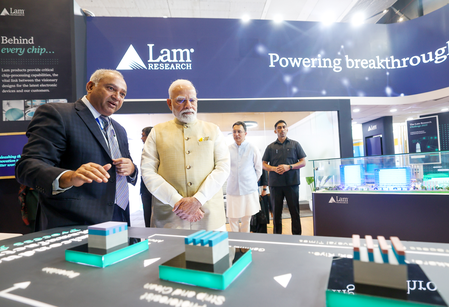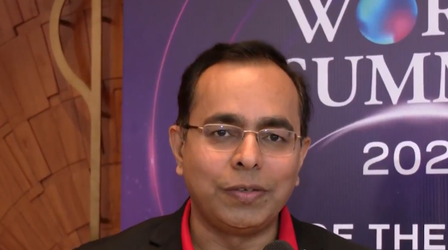
New Delhi, Sep 4 (IANS) The Goods and Services Tax (GST) rate cuts in the healthcare sector are a bold step and will go a long way in advancing the vision of a Swasth Bharat underpinning a Samriddh Bharat, said industry experts on Thursday, while hailing the move.
In a landmark move, the GST Council, chaired by Finance Minister Nirmala Sitharaman, on Wednesday rationalised the indirect tax structure, cutting the current four slabs down to two — scrapping the 12 per cent and 28 per cent rates, while retaining the 5 per cent and 18 per cent slabs.
As per the revision, life-saving drugs, health-related products, and some medical devices will see a rate cut from 12 per cent/18 per cent to 5 per cent or nil.
Notably, the GST rates for 33 cancer drugs and rare medicines have been reduced from 12 to zero per cent.
The changes in GST rates on services will be implemented from September 22.
“By easing costs and improving affordability, the measure will enhance access to quality healthcare services, support early disease detection, and bring greater consistency by standardising GST rates across preventive, curative, and rehabilitative care,” said Ameera Shah, President, NATHEALTH.
“We commend the government for the far-reaching GST reforms announced for healthcare. The decision to reduce GST on lifesaving medicines — bringing 33 essential drugs from 12 per cent to nil and 3 critical drugs for cancer, rare diseases, and other severe chronic conditions from 5 per cent to nil– is both historic and compassionate. This bold step will significantly reduce the financial strain on patients and families,” added Anil Matai, Director General, Organisation of Pharmaceutical Producers of India (OPPI).
GST rates for spectacles and goggles for correcting vision have also been cut down to 5 per cent from 28 per cent. In addition, the GST revision will slash rates for health insurance, medical oxygen, and diagnostic kits such as glucometers.
GST on individual health and life insurance premiums has been reduced to nil (which currently stands at 18 per cent).
“These progressive measures will go a long way in advancing the vision of a Swasth Bharat underpinning a Samriddh Bharat,” Shah said.
Matai stated “The move will make healthcare more affordable and accessible at every level — from hospitals to households and strengthen India’s journey towards universal health coverage. The reduction in GST would be passed down to patients, helping reduce the cost of treatment, while also improving access and creating greater demand for quality healthcare”.
Dr Harsh Mahajan, Chairman, FICCI Health Services Committee, welcomed the “focus on healthcare in the GST rate rationalisation undertaken by the GST Council and reduction of GST from the existing 12 per cent and 18 per cent to 5 per cent on medical devices, diagnostic kits and reagents”.
“We are also hopeful that GST on equipment maintenance service contracts will also be brought down from 18 per cent to 5 per cent,” he said.
The experts noted that the GST reforms will provide the much-needed impetus to the life sciences and health care sector and will boost medical tourism in the country.
“The reduced costs will make medical procedures more affordable and boost medical tourism. The exemption from GST on health insurance will ease the cost pressures on our health system, enhance patient access, and advance India’s position as a global life science hub,” Monika Arora, Partner, Deloitte India.
“The reduction in GST rates carries wide-ranging implications for India’s healthcare sector. The move to cut GST on individual health and life insurance premiums from 18 per cent to nil is expected to make coverage more affordable, encourage uptake among individuals — including the ‘missing middle’, and help bring down out-of-pocket expenditure,” added Bhanu Prakash Kalmath SJ, Partner and Healthcare Industry Leader, Grant Thornton Bharat
–IANS
rvt/




